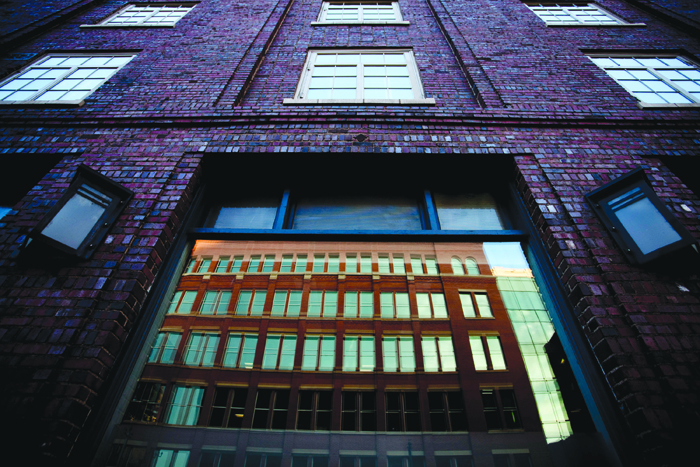 A local man involved in cleanup.Photography and Text by Zoriah Miller
A local man involved in cleanup.Photography and Text by Zoriah Miller
As a photojournalist, I learn something new from each and every project I do. Sometimes I come away from a story with profound new facts, information that I never could have discovered had I not just gone and experienced it myself. Sometimes what I learn is life changing, knowledge that opens my eyes and allows me to see the world and humanity in a completely new light.
Other times I feel like I learn very little, and in some cases I feel like I know less about a situation than I thought I did going into it. This was my experience shooting the aftermath of one of the worst oil spills in history, the BP Gulf Oil Spill.
Going into the project, I pictured angry fishermen protesting on the streets, fighting for a livelihood that had been passed down from generation to generation. I pictured oil-drenched beaches with dead animals strewn about and thick sludge as far as the eye could see. I pictured eye-opening conversations with scientists and wildlife officials. But what I actually found when I arrived was, for the most part, quite different.
Published March 2010 Vol. 14 Issue 3
text by Tim Covi
photots by Zoriah Miller

When it comes to growth and design, Denver seems to be at the cutting edge of new models of development, embracing terms of the times like “new urbanism,” “sustainable” and “green.” Communities like Lowry, Landmark, Stapleton and Belmar have spotted the landscape on the outer ring of the city over the past 8 years, and newer re-developments like the Gates Rubber Plant project and the planned build out behind Union Station are under way within the shadow of downtown.
Published October 2009 Vol. 13 Issue 9
text and photographs by Zoriah Miller
Zoriah is an award-winning photojournalist whose work has been featured in some of the world’s most prestigious galleries, museums and publications. With a background in Disaster Management and Humanitarian Aid, Zoriah specializes in documenting human crises in developing countries.
 Young refugees from Afghanistan pass their time playing sports in Villemin Park, which has become their temporary home.
Young refugees from Afghanistan pass their time playing sports in Villemin Park, which has become their temporary home.
Each year, as the conflict in Afghanistan continues to escalate, more and more Afghans choose to flee their homeland in search of work and safety. They follow rumors of freedom and refuge, but often end up on the streets, stuck in yet another desperate situation.
I recently spent some time on the streets of Paris with several groups of homeless refugees from Afghanistan. Stuck in a state of limbo, unable to gain official refugee status and the right to work, unable to make the difficult and illegal crossing to England where they would be able to gain that status and employment, they spend their days and nights on streets trying to survive.
